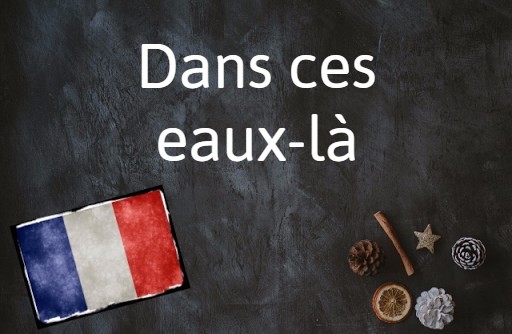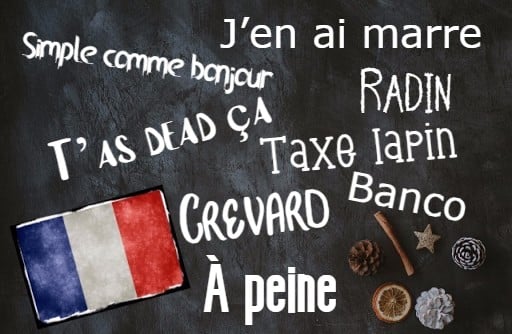Why do I need to know dans ces eaux-là?
Because it’s invaluable when you want to make an estimation without sounding too confident.
What does it mean?
Literally “in those waters”, dans ces eaux-là is used for making an approximation. It’s for when you want to say something is “roughly” correct.
An idiomatic equivalent in English would be “in that ballpark” or “in that region”.
If you want to compare two things which are particularly similar, you can say something is dans les mêmes eaux (in the same waters) as something else.
Some people like to extend the water metaphor even further: like this Ouest France description of Lionel Messi’s salary at PSG: “Avec un salaire évalué par la presse française à environ 40 millions d’euros net par an, Messi naviguerait dans les mêmes eaux que Neymar” – With a salary estimated by the French press at around €40 million net per year, Messi would be sailing in the same waters as Neymar, meaning the teammates are supposedly earning comparable, if not identical wages.
Use it like this
La maison date du milieu du XVeme siecle, dans ces eaux-là – The house dates back to around the middle of the 15th century
On se retrouve à 19h ou dans ces eaux-là ? – Should we meet at 7pm or something like that?
Notre chiffre d’affaires avait baissé de 20 pourcent en 2020 et devrait rester dans ces eaux-là cette année – Our turnover fell by 20 percent in 2020 and should stay there or thereabouts this year



 Please whitelist us to continue reading.
Please whitelist us to continue reading.
Member comments